The concept of the Traditional Ecological Landscape (TEL), as introduced and explained by Michael Blackstock in Faces in the Forest: First Nations Art Created on Living Trees (McGill-Queen's University Press), is a highly valuable concept that can be applied to our ways of thinking about today’s commoditized natural world. The unique element in this definition that lends a certain depth of perception to this idea of landscape is “langscape”. The significance of this word in relation to the construction of consciousness (awareness of a particular self located in space and time) and the interrelatedness of this consciousness and our understanding of the natural world, as generally material-centric, post-modern western/European people, is where the potential lies for generating new ways of thinking and being in the world, most especially the natural one.
This notion of a “langscape”, a specific geographical location that is intricately interwoven with language, recognizes the influence that our cognitive capacities have had on the world around us. Our desire to name things reflects our receptivity to the forces we experience in the natural world; forces that seem to seek acknowledgement. This acknowledgement results in the signification of these elements and events, marking them with words that describe and hint to the qualities and/or emotions evoked by the element or event.
The idea that consciousness is created by this ecological space, wrought with signifiers, natural forces that seem to seek recognition, and both mythological and historical events, is one that lends itself most easily to indigenous peoples. The very means they have to communicate with one another are steeped in this type of awareness with the world around them precisely because that is the context in which they relate. “The indigenous languages have place names, plant names, and calendar names that give tone and texture to the TEL.” (177) However, simply because a traditional people living in a specific geographical location and perhaps a specific time as well, have this intimate connection with the world around them, we (and I speak for the post-modern, western, materialistic culture) should not abandon the links forged between the human world and the natural world. We have so much to learn from this way of relating emotionally to our surroundings and then marking those surroundings with language so as to not forget that experience/revelation.
Additionally, seeing one’s own sense of self as being generated outside of the physical body – consciousness being generated in the ecological sphere – is certainly quite different from how the post-modern intellectual operates. The compartmentalization, deconstruction, and objectification of practically every experience results in a kind of disembodiment, however one that is entirely self-centered. This exterior generation of a sense of self and the recognition of that self’s inherent place in relationship with the surrounding world is the valuable recognition that most people who are in a situation (financially, intellectually, philosophically, morally, socially) to actually do something about the state of the world need to take into consideration. It is only with this sense of self that recognizes its inherent part in and of something much larger than itself that we will be able to make the necessary changes to our lifestyles (manifesting on the exterior and interior dimensions of our being) that will bring about the changes that could increase the chances that humankind will not only continue to survive, but actually begin to truly thrive.
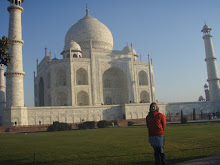
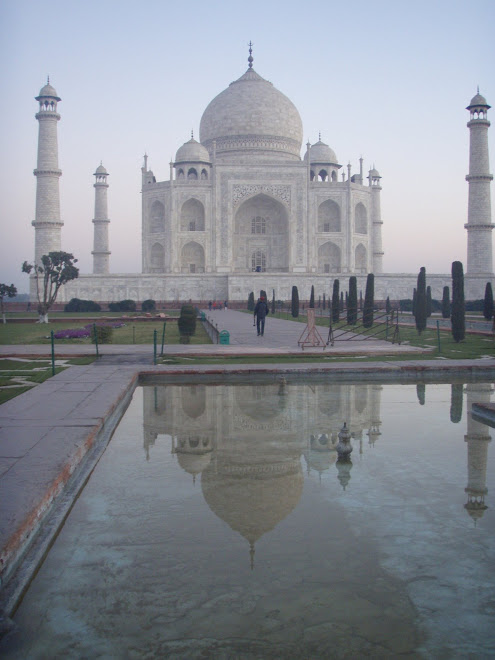
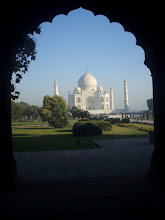

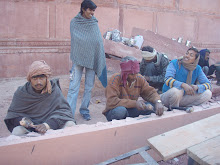

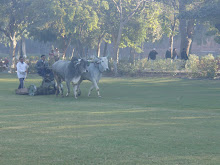
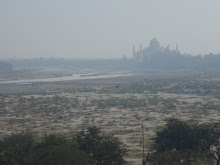
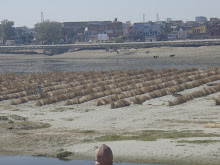

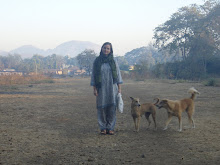
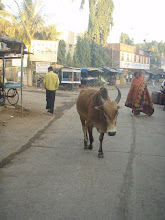
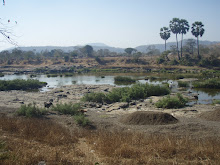
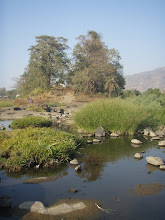
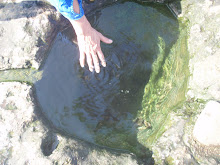
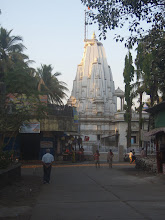
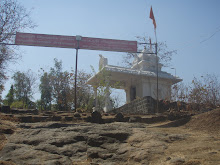
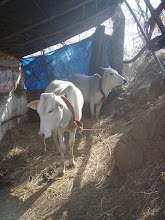
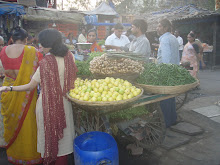
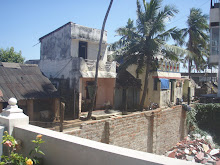
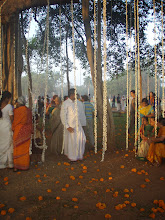
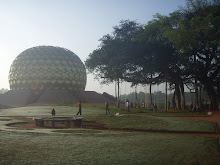
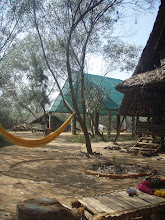
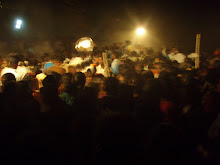
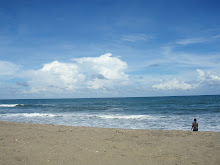
No comments:
Post a Comment